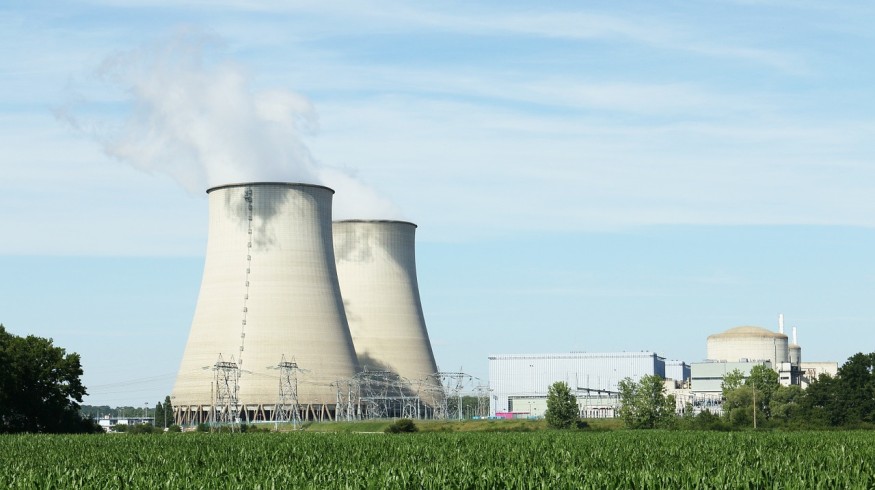A new study has shown that only renewable energy and not nuclear energy can provide low carbon energy or substantially lower carbon emissions most rapidly and cost-effectively. Countries should therefore prioritize renewables instead of nuclear power.
Nuclear Energy and Carbon Emissions
The study's findings resulted from analyzing 123 countries covering 25 years. The study was conducted by researchers from the International School of Management or ISM and the University of Sussex Business School. It showed that nuclear energy programs all over the world usually do not sufficiently reduce carbon emissions. It, therefore, cannot be considered to be a significant low carbon source of energy.
The research team found that countries with large scale nuclear power do not significantly show a lower carbon emission level; in fact, poorer countries with atomic programs are associated with considerably higher carbon emissions.
The study was published in the journal Nature Energy.

READ: Green Hydrogen from Renewable Solar and Wind Power Touted as Inexpensive ''Transformative Fuel''
Incompatible with Low Carbon Systems
According to the study, nuclear energy and renewables don't co-exist well with each other; if combined with low-carbon systems, they crowd one another out instead, limiting overall effectiveness on the national scale.
According to the University of Sussex Business School SPRU or Science Policy Research Unit energy policy professor Benjamin K. Sovacool, the evidence they gathered shows that nuclear energy is the more ineffective of two strategies for curbing carbon emission on a large scale.
Together with its incompatibility with renewable energy, serious doubts are raised regarding investing in it. The evidence points to primarily focusing instead on renewables.
The study says that countries that plan to make large-scale investment in the new infrastructure of nuclear power risk suppressing more massive climate benefits that can be gained from alternative investments in renewable energy.
The study used data from the International Energy Agency and World Bank encompassing 1990 to 2014. It concluded that if operated together, renewables and nuclear energy enter into path dependencies and lock-ins which crowd one another out.
READ ALSO: Windship Technology Announces Project on Reducing Emissions and Fuel by 30%
Incompatibilities of the Two Systems
The various incompatibilities include electricity distribution and transmission and systems configuration. Conventional nuclear has a grid structure that is optimized for large scale central production of power, which increases the challenges and make it more expensive and time-consuming to set up distributed small scale renewable infrastructure.
Similarly, financial markets, employment practices, and regulations involved in constructing large centralized scale thermal generation plant projects with baseload and long lead time do not integrate well with multiple small and short term distributed renewable projects.
Low Impact in Averting Climate Change
According to Sussex Business School Science & Technology Policy professor Andy Stirling, the study shows how nuclear investments tend to be not as effective in mitigating carbon emissions compared to renewable assets. Also, their incompatibility at many levels further erodes significant climate change alleviation.
According to the study, richer countries cause only a small decrease in carbon emissions with the use of nuclear energy. Comparatively, investing in renewables has a better impact on emission reduction. And more evidence shows that poorer countries using nuclear energy instead of renewable energy are associated with higher carbon emissions.
READ NEXT: New Satellite Can Monitor Emissions of Greenhouse Gas Methane Which Causes Climate Change
Check out more news and information on Carbon Emissions on Nature World News.
© 2025 NatureWorldNews.com All rights reserved. Do not reproduce without permission.





